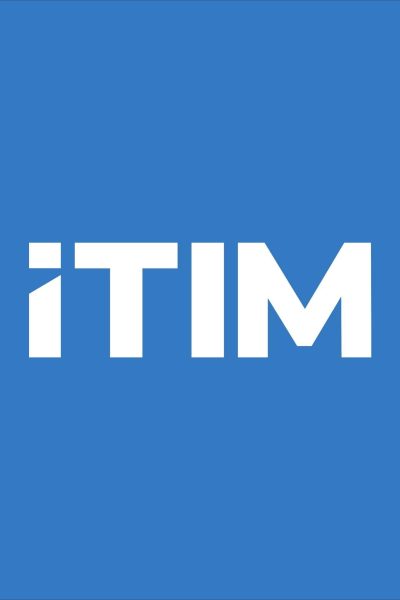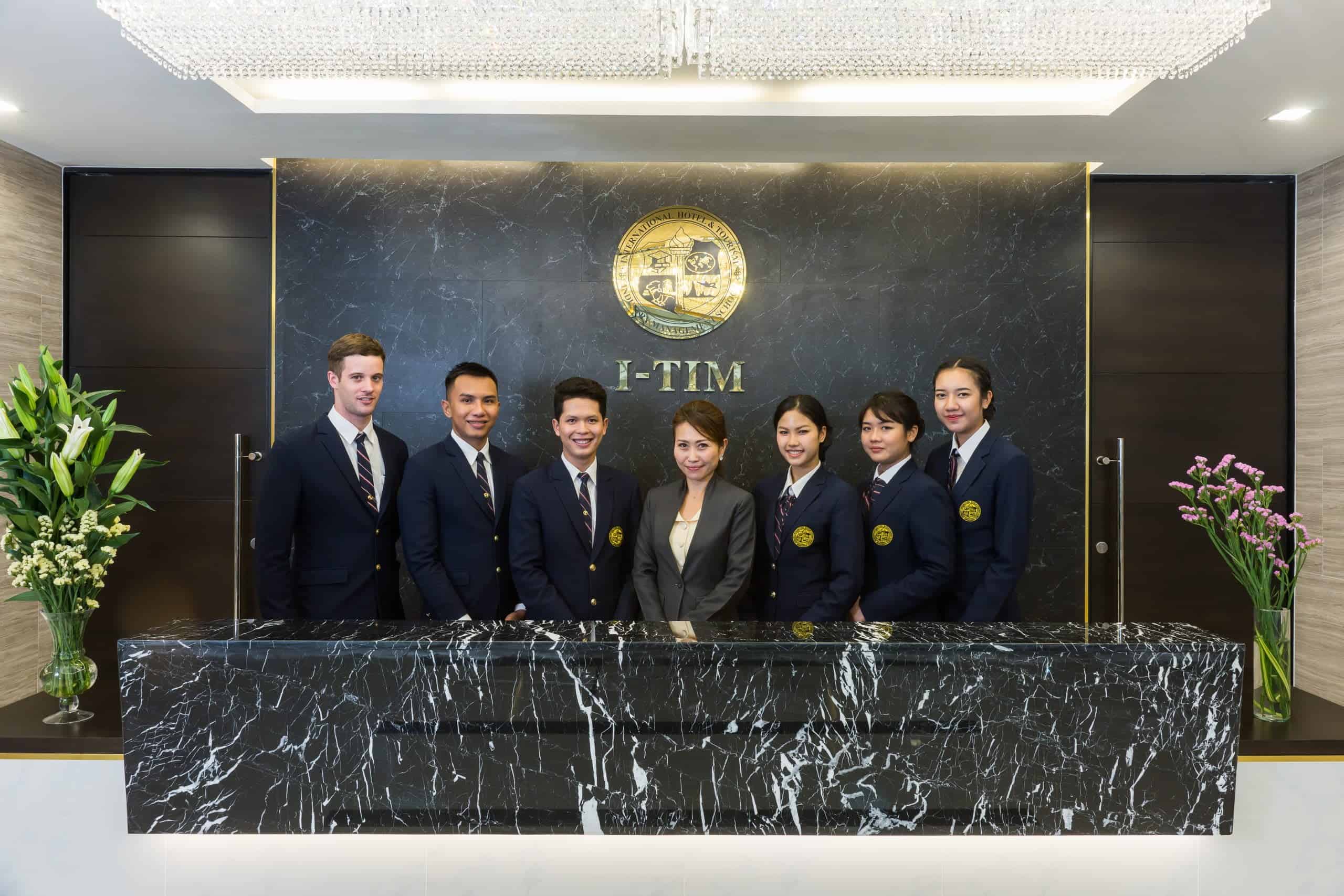Human Resource Management (HRM) encompasses the strategic approach to managing an organization'smost valuable asset—its employees. HRM is responsible for recruiting, hiring, training, and developingemployees, as well as managing employee relations, performance, and benefits. In the hospitality industry, effective HRM is crucial for maintaining high service standards, enhancingemployee satisfaction, and promoting a positive organizational culture that ultimately translates toimproved guest experiences.

















